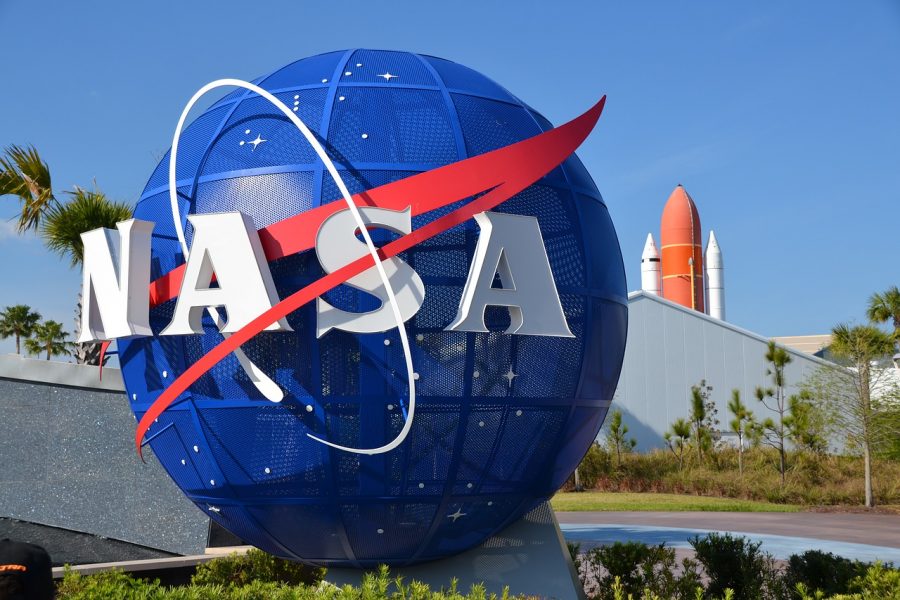Since the end of the space race, exploration of the solar system has had trouble establishing itself as a national priority. Many are rightfully skeptical about space investment, preferring that we focus on our earth problems rather than worry about what is beyond. This view misses the point: time and time again space exploration has proven itself as a goal that can have substantial benefits for the people on earth by encouraging scientific development and advancing technology along with it.
The problem is that America lacks a clear vision for space policy. After the retirement of the space shuttle in 2010, NASA has lacked the capacity to conduct even short flights up into orbit. The United States has had to resort to buying trips on Russian rockets, a situation that has raised concerns of dependency. Much of the focus within NASA is on assisting private sector development rather than on creating new ways to get to space. Meanwhile, programs for long-term space travel to places like Mars continue to be fraught with delays.
Though it is clear NASA is in need of help, we can also see that NASA does deserve a high spot on our priority list. The concern that space exploration is a waste in an era of tight budgets seems well grounded at first and it is understandable that some would want us to stop spending money on space. This view is ultimately short-sighted, pointing out problems without thinking of how to best resolve them. A look at the history of the US space program shows us that large scale investments in space can often be the solution to our issues rather than the cause of them.
For starters, the technology developed from the push to travel upwards almost always provides benefits to people in the long run. NASA operations frequently produce a good degree of “spinoff” technology, tech advances that serve additional purposes beyond their original function to get us to space. Some of the things we might take for granted today, like fertilizers, often come from NASA missions. It wouldn’t be hard to imagine how spinoff tech from the space program could contribute to solving some of the pressing problems today.
These investments also make good economic sense. America’s experience with space policies in the past has shown us that spending on NASA can be a vital part of an economic recovery plan. On the reverse side, scaling back space programs can cause job losses that hurt the economy, as shown by the experience in Florida. Space investment is a sensible way to create new jobs and new ways for Americans to make a living.
Investment in NASA can also gear us up for long term economic growth. In the knowledge economy, nothing helps more than the promotion of cutting edge science and technology. Investment in NASA has been known to inspire students to go into science fields by creating a new goal for American children to aspire to. We can only get this effect if we take its mission seriously.
It all comes from a lack of vision. Destitution about what’s happening now can stop us from doing what we need to make it better. Although it is important to talk about the problems we face today, what is most needed is a solution. Most of all, we need bold thinking and new ideas. A new vision of space exploration is one way to encourage Americans to think about these issues and begin to develop far-reaching solutions.
In the end, there is no tension between space travel and the concerns of earth. In fact, the desire to reach out and explore space is one and the same with the desire to improve our lives here. It all relates to our dreams of the future and our relentless aim to explore new realms. If the United States gets serious about space exploration again, this could be the start of better and more creative solutions to our problems. Investing in NASA is investing in the future.


